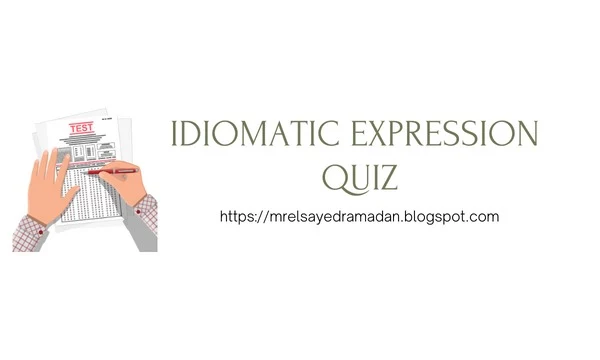Idiomatic Expression Quiz
Idiomatic expressions are an integral part of any language and often play a crucial role in understanding and interpreting language. They add depth and nuance to communication and are essential for effective expression and comprehension. However, idioms can be challenging for language learners and test-takers, especially on standardized tests such as ACT, SAT, Digital SAT, and EST. In this blog post, we will explore the importance of idiomatic expressions in language assessment and provide tips and strategies for mastering these expressions in the context of standardized tests, including the ACT, SAT, Digital SAT, and EST. Through a series of interactive quizzes and exercises, we will help readers develop their skills in recognizing and understanding idioms and ultimately, improve their performance on these standardized tests.
1/10
After exchanging dozens of texts over several weeks, we all finally agreed with a plan to go hiking in the Adirondacks.
Explanation: Since the sentence describes a plan that was developed carefully over an extended period of time, the proper idiom is agreed on, as in choice C. Recall that although we can agree with a person, and agree to an offer, we agree on plans that are mutually decided.
2/10
The new color scheme for the living room is not very different than the old one.
NO CHANGE
to
compared to
from
Explanation: The comparative preposition than is required when making unequal comparisons with comparative adjectives, as in smaller than or faster than. Notice, however, that different is not a comparative adjective like these, and it requires the idiom different from.
3/10
The lawyers will be reviewing employee contracts in the next few days to be sure that they comply in the recently updated regulations.
Explanation: The proper idiom is comply with (a rule). None of the options in A, B, and D is idiomatic.
4/10
I prefer the soft, diffuse light of the new LED bulbs more than the light of the old compact fluorescent bulbs.
NO CHANGE
over
to
in comparison to
Explanation: The proper idiom here is prefer A to B. Notice that this is a standard parallel construction. Notice, also, that the phrases in the comparison—the soft, diffuse light and the light of the old compact fluorescent bulbs—have parallel grammatical form.
5/10
Although the terms of the plea deal seemed very generous, the defendant did not agree to the offer because it included an admission of guilt.
Explanation: Since a plea deal is a type of offer, rather than a general situation (agree about), person (agree with), or mutual plan (agree on), the proper idiom here is agree to, as in choice A.
6/10
Several agents were dispatched to Philadelphia for the purpose of investigating the new leads.
NO CHANGE
for investigating
to investigate about
to investigate
Explanation: Recall that infinitives often provide the most concise way of expressing purpose, and therefore choice D, to investigate, is the most concise and idiomatic option. Choice A is needlessly wordy, and choices B and C are not idiomatic.
7/10
The professor has sole authority to determine about which activities qualify for field credit.
NO CHANGE
which activities qualify for
about which activities qualify in
which activities that qualify for
Explanation: Choices A and C are incorrect because the phrase determine about is not idiomatic. As with most idioms, always ask whether the preposition is required at all. In this case, it is not. Choice D is incorrect because the pronouns which and that are redundant, since they refer to the same antecedent, activities, and play the same grammatical role.
8/10
The teens were at the school board meeting to voice their arguments on the proposal to moving the school starting time.
Explanation: Choice A is incorrect because arguments on is not a standard idiom. You can argue with a person, or you can argue for or argue against a claim or position. Since this refers to a position on a proposal, the only idiomatic option is C, arguments for.
9/10
The final song was a tribute about Dr. Whelan, the choral director who would be retiring in June.
Explanation: The correct idiom here is a tribute to (a person). Choices A, B, and C are not idiomatic.
10/10
Because they convey complex information in forms that are easy to recall, acronyms such as SOH-CAH-TOA serve to be effective mnemonic devices.
Explanation: When you want to specify the primary function (a noun) that some device serves, the proper idiom is serves as (an object or action that serves that function). You may use the idiom serves (infinitive) if the infinitive specifies the purpose, as in This letter serves to notify you that… However, the infinitive to be does not specify a purpose, so choice A is incorrect. Choice C is unidiomatic. Choice D is incorrect because the idiom serves for is used to indicate a period of service, as in Charles served for 12 years as a State Representative.

